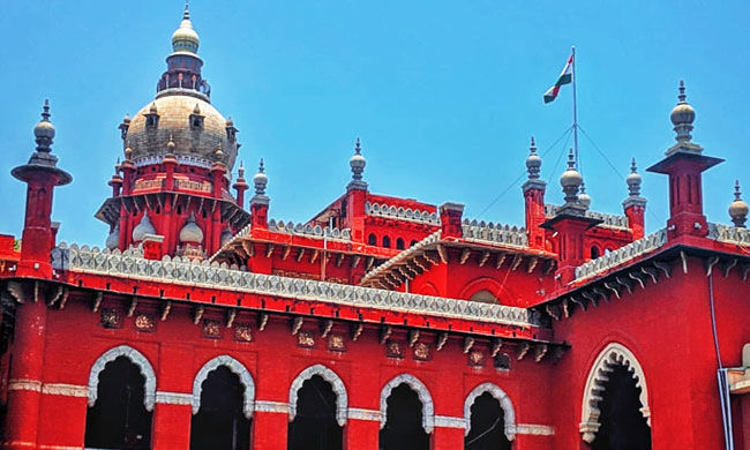Deliberately Concealing The Income, Assessee Can Be Prosecuted : Madras High Court
Parina Katyal
25 Jun 2022 7:30 PM IST

Next Story
25 Jun 2022 7:30 PM IST
The Madras High Court has ruled that an assessee can be prosecuted for willfully and deliberately concealing his income by not filing his income tax return within the stipulated time, even after the return belatedly submitted by the assessee is accepted by the revenue authorities on the basis of which an assessment order is passed. The Single Bench of Justice G. Chandrasekharan...
